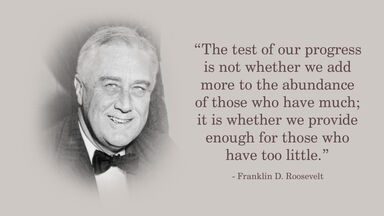In J4 he impeached unsuccessfully C. Porcius Cato, who in his tribunate (56) had acted as the tool of the triumvirs.
The final and all-important act of selection from among these men was, however, to be made by a personage, styled the proclamateur-electeur, who chose all the important functionaries, and, conjointly with the notabilities of the nation, chose the members for the Council of State (wielding the chief executive powers), the Tribunate and the Senate.
To the senate, thus chosen "from above," was allotted the important task of supervising the constitution, and of selecting, from among the notabilities of the nation, the members of the Corps Legislatif and the Tribunate.
These two bodies nominally formed the legislature, the Tribunate merely discussing the bills sent to it by an important body, the Council of State; while the Corps Legislatif, sitting in silence, heard them defended by councillors of state and criticized by members of the Tribunate; thereupon it passed or rejected such proposals by secret voting.
It is significant that Bonaparte proposed this bill (drafted in the Council of State) to the Tribunate and the Corps Legislatif on the very day on which it was first certainly known that France had accepted the new constitution.

